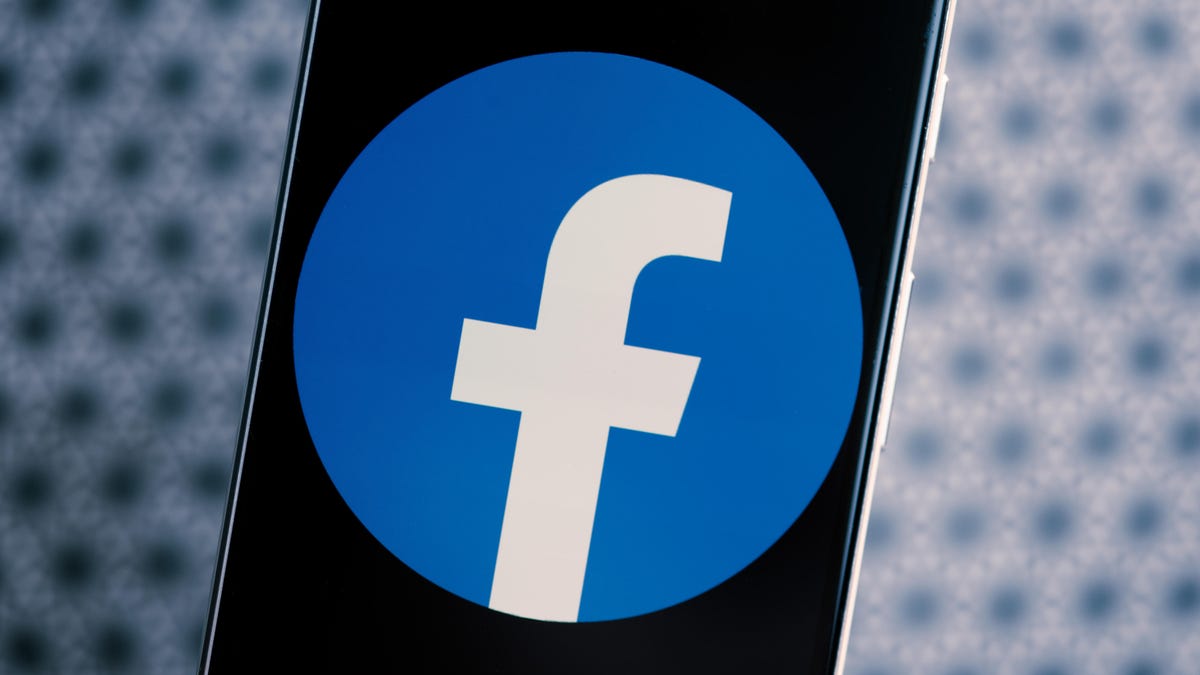Facebook built a new center to direct people to accurate coronavirus information
The coronavirus information center will appear at the top of your News Feed.

Facebook CEO Mark Zuckerberg said Wednesday the company has built an information center that will direct users to "authoritative information" about the novel coronavirus. The new feature will appear at the top of a user's News Feed and is part of the social media giant's latest effort to combat misinformation about the virus.
The center will roll out in Italy, France, Germany, Spain, the UK and the US within the next 24 hours. Facebook plans to release it globally to its 2.5 billion users. It will include real-time updates from national health authorities and global agencies such as the World Health Organization. Articles, videos and posts about social distancing and how to prevent spreading the virus will also be featured.
"The broad consensus is that the biggest role that we can help play is encouraging people to take the social distancing orders seriously, especially folks who might feel like they're not personally at risk," Zuckerberg said in a call with journalists on Wednesday.
Facebook's coronavirus information center is rolling out in the US and other countries today.
As the novel coronavirus continues to spread, social media companies have been grappling with reducing the amount of false information on their sites. The virus causes a respiratory illness known as COVID-19 that includes symptoms such as a cough and shortness of breath. Conspiracy theories range from coronavirus being an invention of the pharmaceutical industry or caused by 5G.
It's unclear though, how well efforts to crack down on misinformation have been working. The New York Times reported earlier this month that dozens of videos, photos and posts that include coronavirus information continue to slip through the cracks on social media. Misinformation about the coronavirus has also surfaced in private Facebook groups and encrypted WhatsApp messages, making it more difficult for the company to find and pull down these false claims.
Coronavirus updates
Facebook said in late January it will work with third-party fact-checkers and will limit the reach of posts that its partners find are false. The company is also removing content that could cause physical harm such as claims that drinking bleach kills the coronavirus.
"You don't allow people to yell fire in a crowded room, and I think that's similar to people spreading misinformation in the time of an outbreak like this," Zuckerberg said during the conference call.
Government agencies have also used social media to try to dispel rumors and hoaxes about the coronavirus. The company has run into technical challenges as it tries to crack down on posts that violate its rules. On Tuesday, users who were posting links to news articles including about the coronavirus were being falsely flagged for spam. Facebook said the company had an issue with "an automated system that removes links to abusive websites" but has fixed the widespread problem.
Zuckerberg acknowledged that Facebook's response to coronavirus misinformation hasn't been perfect given the large amount of posts the company has to look through. Facebook hasn't shared any data about the amount of harmful coronavirus misinformation it's removed or an error rate.
Outside of content moderation, Facebook temporarily banned ads and listings that sell medical face masks. It's matching $20 million in donations to the United Nations Foundation and the WHO. This week, Facebook said it was awarding $100 million in grants and ad credits to assist small businesses. Facebook-owned WhatsApp launched a coronavirus information hub to direct people to resources and tips and has donated $1 million to the Poynter Institute's International Fact-Checking Network.
Facebook also said Wednesday that Workplace, a separate product that looks similar to the social network but is used in the office, will be free for governments and emergency organizations for the next 12 months.

